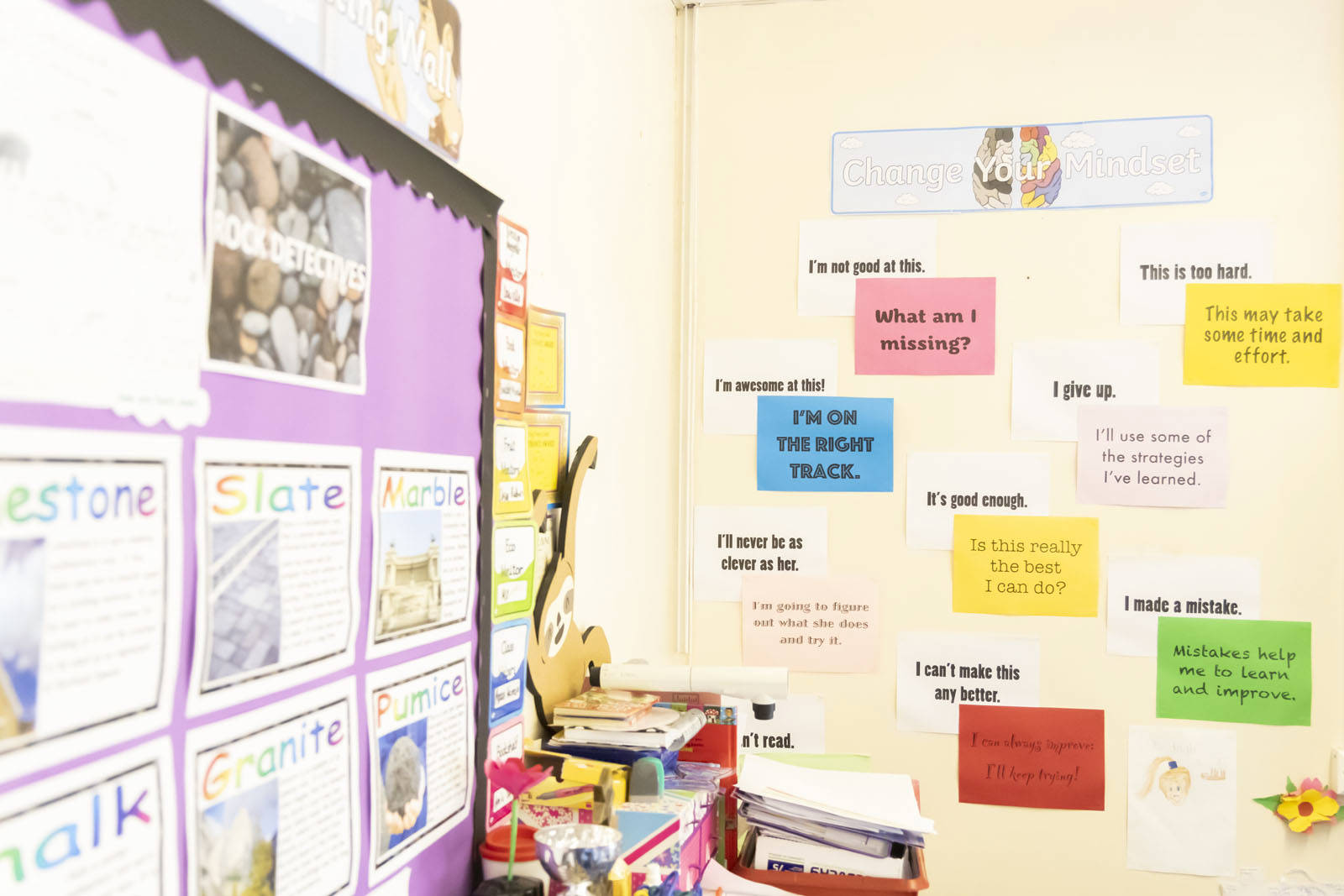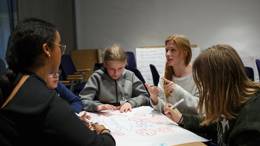Behavioural programmes
Behavioural targeted support programmes are designed to improve pupils' behaviour and social skills.

Behavioural programmes make use of positive reinforcement, skill-building, and structured environments to help individuals to identify and modify maladaptive behaviours.
They teach self-regulation skills, and foster consistent, positive habits to improve individuals’ wellbeing and social relationships.
Behavioural targeted support programmes are designed to encourage prosocial behaviour, help students to regulate their emotions and improve their social skills.
Programme information
This information refers to targeted mental wellbeing support programmes evaluated by the National Institute for Health and Care Excellence (NICE). Other programmes may vary in programme length and delivery method.
- Length: 16 weeks/3 months (30 programme days)
- Delivered by: Class teacher/Behavioural coach (counsellor, school psychologist, behaviour specialist or social worker)
- Delivery method: Individual/individual in a group setting (classroom)
- Age: 6 – 11
Targeted support programmes
The following is an example of a behavioural targeted support programme that you may wish to explore to see if it right for your setting.
Please note: this programme has not been evaluated by Anna Freud, or by NICE as part of their evidence reviews. Its inclusion does not indicate endorsement and they have not been quality assured.
Any non-UK based programme that is listed will have either been used previously in the UK or may be suitable for adaptation in your setting. You may need to check with the provider to confirm how to best use it in your setting.
Incredible Years
Incredible Years supports staff to effectively promote children and young people’s resilience, social and emotional skills, and academic competence.
There may be behavioural support programmes available in your local area. Contact your local authority to find out what programmes are available to your school or college.
If you are unsure who to contact at your local authority, try speaking to your Mental Health Support Team (if applicable), your trust leadership team, or your setting’s safeguarding or pastoral lead.
The Education Endowment Foundation also provides an accessible summary of how to implement behavioural interventions in education settings.
If you haven’t yet reviewed the targeted support guide, this will help you to consider which types of targeted support might be appropriate for your setting.
What does the evidence show?
Related pages

Social and emotional learning
Social and emotional learning (SEL) programmes aim to help young people manage their emotions.
View
Cognitive behavioural therapy (CBT)
CBT programmes aim to support students to manage stress and emotions more effectively.
View
Mindfulness
Targeted support programmes focused on mindfulness and meditation to improve emotional regulation.
View
Creative and arts therapy
Creative and arts therapy targeted support programmes could include art, music and drama.
View